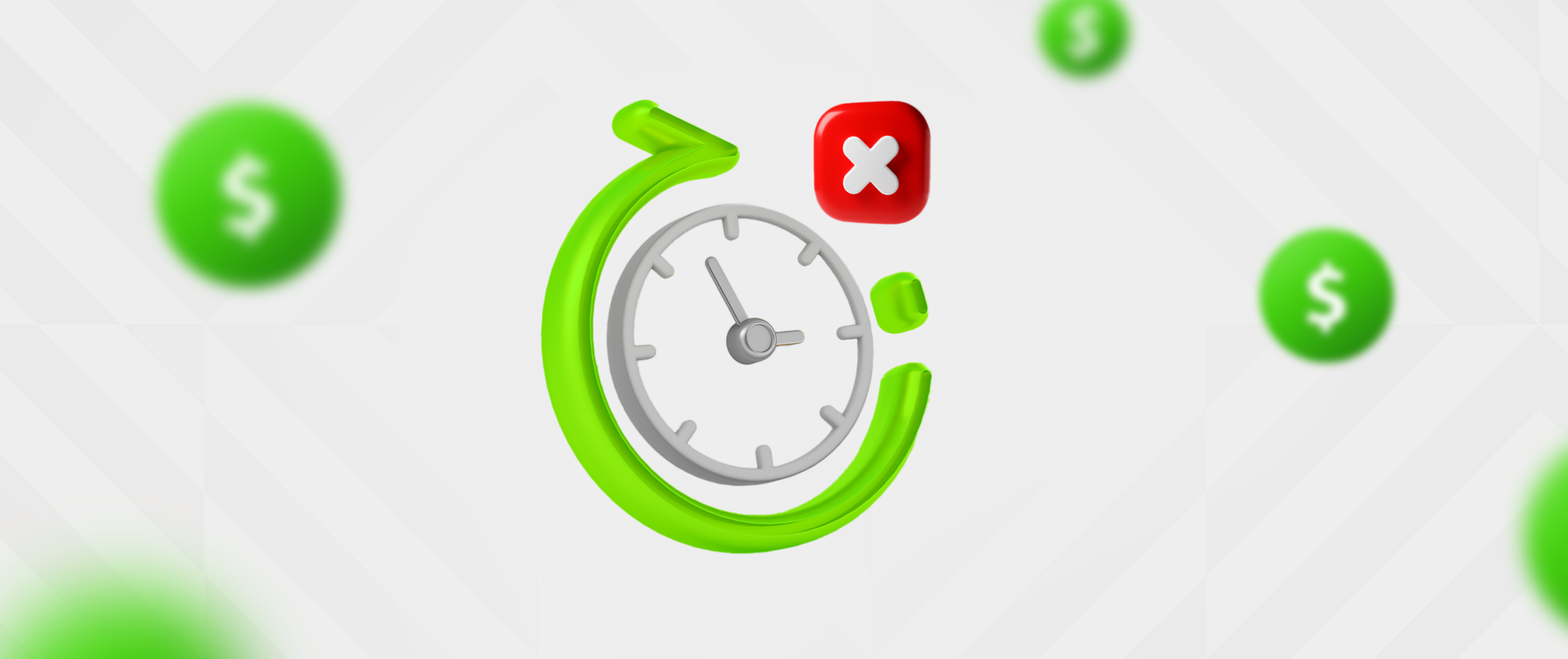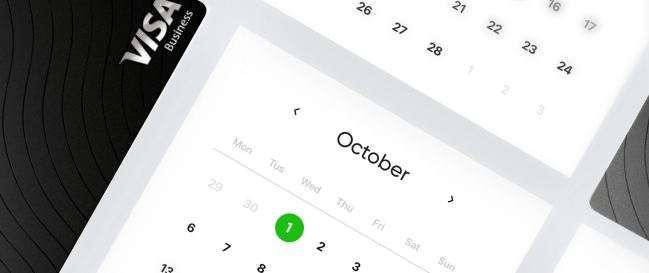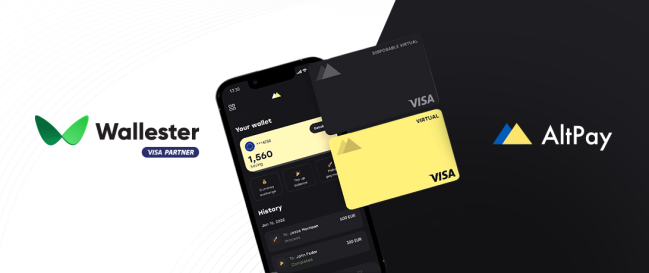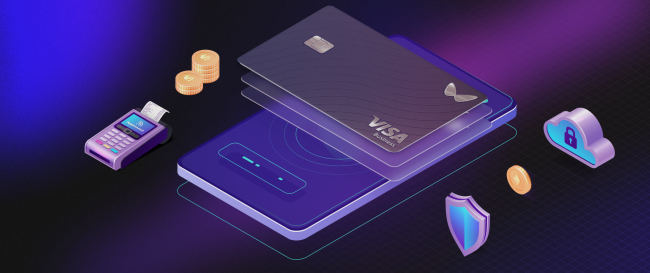Whether it’s gym memberships, groceries, or entertainment streaming services, recurring payments have become the backbone of many subscription-based businesses. Today, merchants have embraced digital payment technology to meet the rising demand for convenience and value. Automatic payments eliminate the hassle of re-entering the same billing info month after month. This article cuts through the clutter and helps you understand recurring payments and their advantages.
What Does Recurring Payment Mean?
Recurring card payments or Continuous Payment Authorities (CPA) refer to repeat payments approved by customers and taken automatically from their credit or debit card based on a predetermined schedule. Essentially, the consumer inputs their payment details at a payment gateway and grants the merchant permission to deduct a preset amount of funds for services provided, monthly or annually. The user reserves the right to cancel the arrangement at any time. Recurring payments can be used to settle utility and phone bills as well as Netflix subscriptions, among others. Significantly, CPAs are regulated by the Financial Conduct Authority.
What are the Types of Recurring Payments?
Recurring payments fall into two categories:
Fixed or regular recurring payments
These involve charging the user the same amount every billing cycle. This model is ideal as it is more continuous and stable. Examples of regular recurring payments include gym memberships or Netflix subscriptions.
Variable or irregular recurring payments
In this model, the amount charged depends on the customer’s usage. For instance, your water and electricity bills depend on your consumption. This system is an irregular payment process as the amount deducted varies throughout the billing cycle.
What are the Differences between Recurring Payments and Direct Debit?
Recurring card payments are charged from the customer’s debit or credit card, while direct debit involves deducting funds directly from the user’s bank account. Most people use direct debits to make recurring bank payments. In both cases, the client must grant full permission.
The vendor pays a monthly fee with recurring card payments and enjoys immediate or next-day funds clearance. If the customer wants to cancel their subscription, they must consult the merchant to stop it. Unfortunately, card payments have high failure rates and may cost your business a lot of money in case of client disputes.
On the contrary, direct debits significantly reduce payment failures and offer more security as the bank provides a full refund in case of an error. Additionally, customers can cancel direct debits right from the bank. With this payment process, the transaction fee is also smaller.
How do Recurring Payments Work?

From processing all card payments on your behalf to depositing the funds in your business account, payment processors offer you the stability and security you need. Regardless of the processor you choose, recurring payments follow the same steps.
1. The customer visits your website and subscribes to your services or chooses the recurring billing option from your list.
2. They fill out a short form and input their credit or debit card details.
3. They verify the card and accept the terms and conditions at the checkout page. At this point, their details are fully protected and stored on the payment gateway page.
If the verification is successful, you will have a new subscription! The payment processor must then contact the issuing bank, the client’s credit card network, and the acquiring bank to approve the transaction and release the funds into the merchant’s business account. After this, the automatic payment cycle will renew based on the preset schedule, and the customer will receive an automated invoice after successful processing. If you want, you can notify your client beforehand that their automatic charge will be processed soon.
How can Recurring Payments Benefit your Business?
Subscription payments are quickly taking over the world of e-commerce. Whether you want to simplify your billing process or improve the checkout experience, this option is ideal as it is automatic and stress-free. Some of the most compelling benefits of recurring billing include:
✅ Reduced late Payments and Collection Time
With recurring billing, your customers authorise you to deduct a predetermined amount of funds from their credit or debit card regularly. This method eliminates late payments, and your staff does not need to waste time chasing after missed payments. It offers a safety net for your business as you can count on monthly customer payments hassle-free.
✅ Minimise Efforts
Since automated billings are electronic, you need to do little to no maintenance. With this option, acquiring a new customer is a one-time expense, and your business benefits repeatedly. You do not need to create invoices and chase payments, as the system handles everything. Once the initial payment schedule is set up and your customer accepts the billing dates, you will automatically receive funds in your business account.
✅ Improve Customer Relationships
With subscription payments, customers do not have to add their account details whenever they want to pay for your goods and services. This payment option offers your clients the convenience and value they desire. As a result, you increase your engagement levels, form closer consumer relationships, and ultimately increase your business revenue.
✅ Defend Against Fraud
For your business to accept recurring payments, you must incorporate third-party payment processors, which often come with robust security protocols. Therefore, you should identify a reliable processor to protect your and your client’s data. A good processor incorporates security methods such as data encryption, tokenisation, firewalls, PCI DSS compliance, and a secure socket layer to protect your business from fraud and other forms of malpractice.
Which Recurring Payment Solution is Right for Me?
SecurePay is one of the best recurring billing solutions available. With this option, you can accept a wide range of payment methods. Secure pay offers flexible plans for individuals with a merchant account depending on your business size and scope. This solution provides both recurring card payments and direct debits. Their features are highlighted in this table:
| Recurring Card Payments | Direct Debit Payments |
Ideal for | Both credit card and debit card recurring payments. | Using your customer’s current bank account for recurring billing and directly depositing funds into your customer’s account. |
Consumer Data Protection | Yes | Yes |
Input Customer data every time | No | No |
PCI compliant | Yes | Yes |
Processing fees | $25 | $25 |
Detailed reports | Yes | Yes |
What Businesses Can Use Recurring Payments?
Recurring payments have become a personal favourite for merchants and consumers. From increased convenience to improved customer relationships, subscriptions form the blueprint for companies across various industries. Some of the businesses that benefit more from this option include:
Utility providers – recurring billing is the best way to pay for utilities such as electricity, water, and phone bills.
Membership businesses – gyms, working spaces, or blogs- charge their clients a fixed annual or monthly membership fee.
Subscription business – streaming services such as Netflix, Hulu, or Spotify improve customer experience through recurring payments.
Financial Services – automatic payments are ideal for personal finance, especially when you have to make regularly scheduled payments. For example, insurance companies offer recurring billing to reduce the hassle when making payments.
How Can I Avoid Recurring Payments?
You can avoid recurring payments by switching to direct debits, as they are easy to cancel, and your bank must refund you in case of an error. This option protects you more if something goes wrong in your transaction. You can also dodge automatic payments if the company you’re purchasing from allows using a prepaid card or manual payment. These are safer options, especially if you are paying companies you are unsure of and don’t want to subscribe to a recurring payment option.
How do I Stop Recurring Payments?

If you decide that you want to stop automatic payments, you can write to or call the service provider. To cancel credit card recurring payments, you must revoke the authorisation by ending the subscription or agreeing to a different way to pay for the services. You can cancel a recurring payment until the working day before your next payment is due. According to the Financial Conduct Authority, any payment taken after a CPA has been stopped is considered unauthorised. It is advisable to take note of the date you cancel your subscription for protection if the cancellation is not made correctly. You can also call your bank to block any future recurring payments.
Reclaiming a Recurring Payment
You reserve the right to reclaim a payment if your bank or credit card provider fails to cancel a recurring subscription after your initial request. You should submit a complaint to your bank or credit card provider as soon as your cancellation is rejected, in which case, they will review it before reclaiming your payment from the merchant. Subsequently, any extra funds and interest charged from your account will be refunded after the cancellation date.
How might a Recurring Payment Affect my Credit or Debit Card Transactions?
Unfortunately, recurring payments can exceed your credit card limit or leave you with insufficient funds in your account. Additionally, cancelling credit cards with an active subscription is much more difficult. If you are still subscribed to a specific service, your retailer may charge automatic payments that you must settle before cancelling your card.
Will Cancelling My Credit Card Stop Recurring Payments?
No, you cannot stop recurring payments by cancelling your credit card. Whenever you revoke your card, it remains active for several months until all pending payments are settled. You can only stop the automatic payments by contacting the merchant or asking your bank to stop them.
💡Key Takeaway
With the increased prominence of subscription-based business models, merchants need to pay close attention to their payment options. Customers desire quality and increased convenience, and your payment strategy determines your business’s success or failure. In this regard, learning the ins and outs of recurring payment processing as soon as possible is crucial.
We would love to have the opportunity to meet with you and discuss how we can assist with your business needs.
Please don’t hesitate to contact us using this form.
Our team is always here and ready to help in any way we can.


